
Despite the uncertainty brought on by the COVID-19 pandemic, Jamaican abroad continue to send money back home to help out family and friends with no discernable dip in those flows.
Remittances for the June quarter grew by 14 per cent and for the month of June alone increased by 42 per cent to US$259 million.
According to the Bank of Jamaica (BOJ) Quarterly Monetary Policy Report, remittance inflows for the April to June period in 2019 came in at US$603 million. For the same period this year, during the first wave of the COVID-19 virus it rose to US$688 million. For July 2020, net remittance increased by 44 per cent to US$275 million. From January to July 2020, inflows from remittances came to US$1.55 billion. This compares to US$1.37 billion for the same period last year.
This despite both the IMF and World Bank forecasting a decline in remittances across the world this year with economies contracting and a rapid increase in unemployment numbers. The World Bank sees these flows falling by US$100 billion, a 20 per cent drop.
Jamaica has proven to be an anomaly with its people in the diaspora sending back more money than ever. They are heeding the call for help and are answering it graciously.
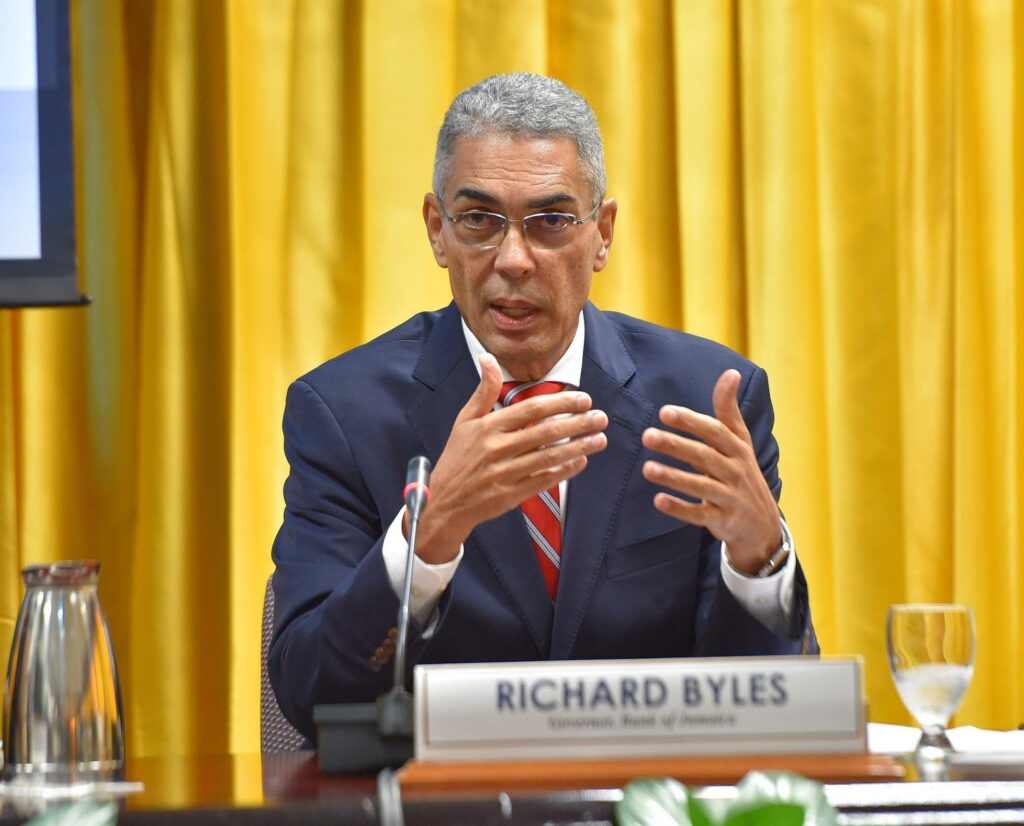
Speaking at a press briefing earlier this week, BOJ Governor Richard Byles said: “As it relates to our external accounts, notwithstanding the fallout in tourism flows, the BOJ expects that the current account deficit of the balance of payments will remain at sustainable levels of two to four per cent of GDP over the next year.
“This is better than previously expected, supported by stronger than expected remittance inflows, a dramatic fall in imports as well as lower levels of private capital inflows. As such, Jamaica’s reserves remain healthy, with net international reserves at end of October amounting to US$2.9 billion.”
Many Jamaicans in the UK, US and Canada work in the public sector, more particularly essential services, and have done so for a number of years. In the UK many can be found working for London Transport, the councils and in education in well paying jobs. The COVID-19 pandemic did not see many of them losing their jobs, in fact there is a greater need of their services at this time.
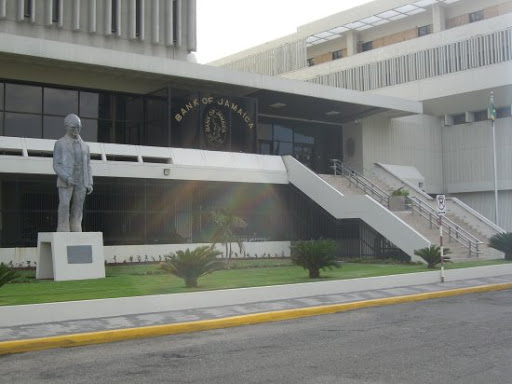
In the US, there are many Jamaicans working in essential services – nurses, municipal operatives, medical attendants, care workers, police personnel, state contractors – all with steady pay cheques sending money back to the island.
“We at the BOJ are trying to understand what is going on with remittances. I think there are a number of things, there may not be one single explanation for the increase. Remittances tend to be counter cyclical to economic growth. In other words, when we are doing well and the people of Jamaica don’t need too much support, it dies down and flattens out.
“When we are in need, like when we are hit by a hurricane, it rises again, so there is a kind of sentimental leap that gets flipped. Also, we must remember that during this pandemic, people can’t travel as much. In summer you normally have a lot of returning Jamaicans, carrying a few hundred dollars in their pockets to spend here. Now, if they can’t come, they are probably sending that money through remittances and that could be part of the reason that we are seeing these increases.
“A lot of Jamaicans in the tri-state area of New York work in areas that have not suffered serious job losses, particularly in health. Not only do they still have jobs, they have probably been earning overtime as they work to save lives so their capacity to remit is even better than before,” said Byles.



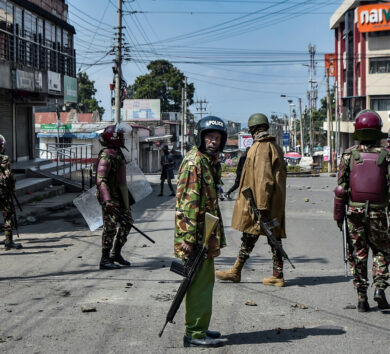
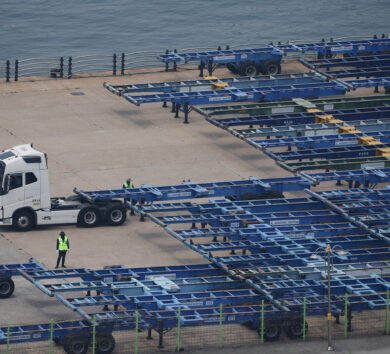
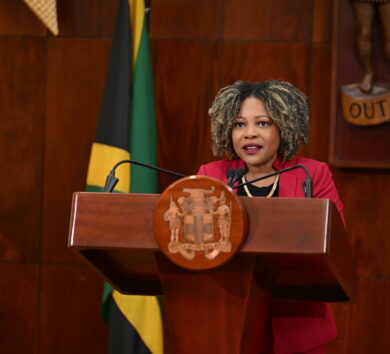
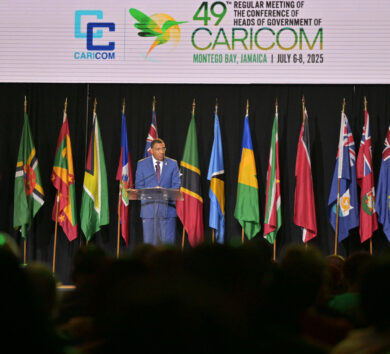
Comments